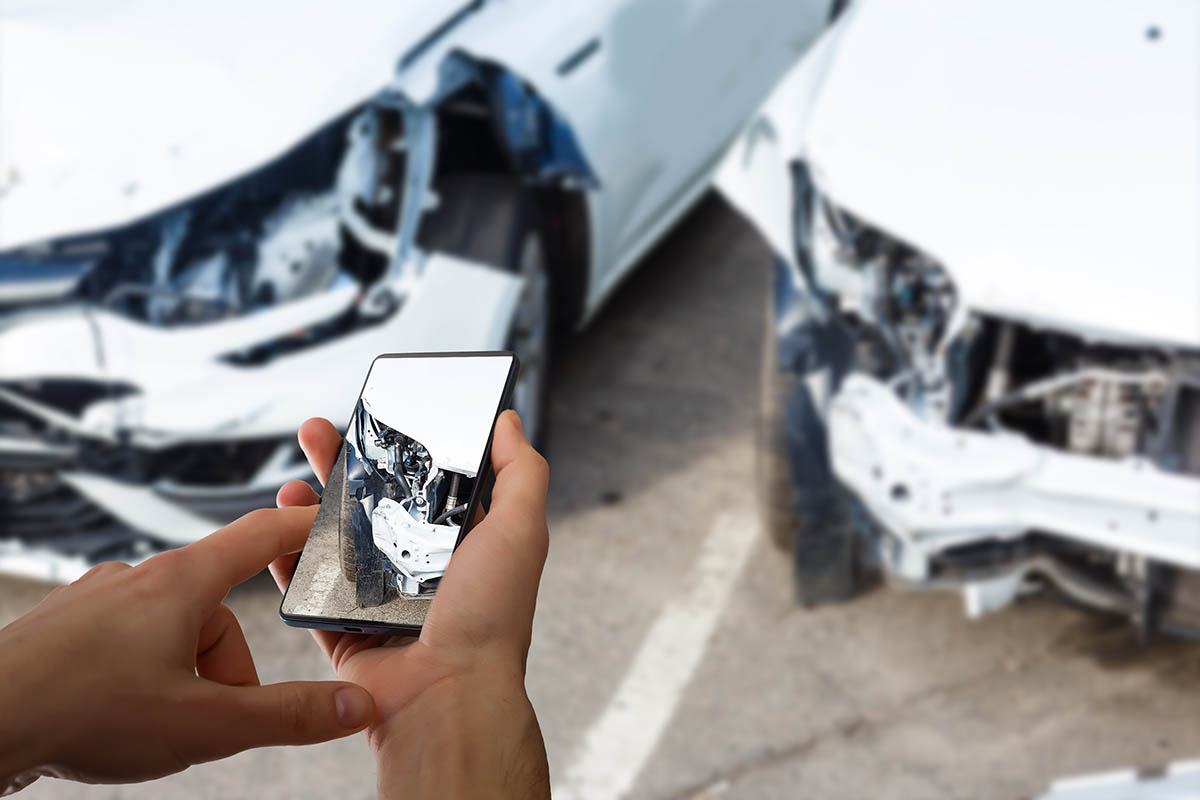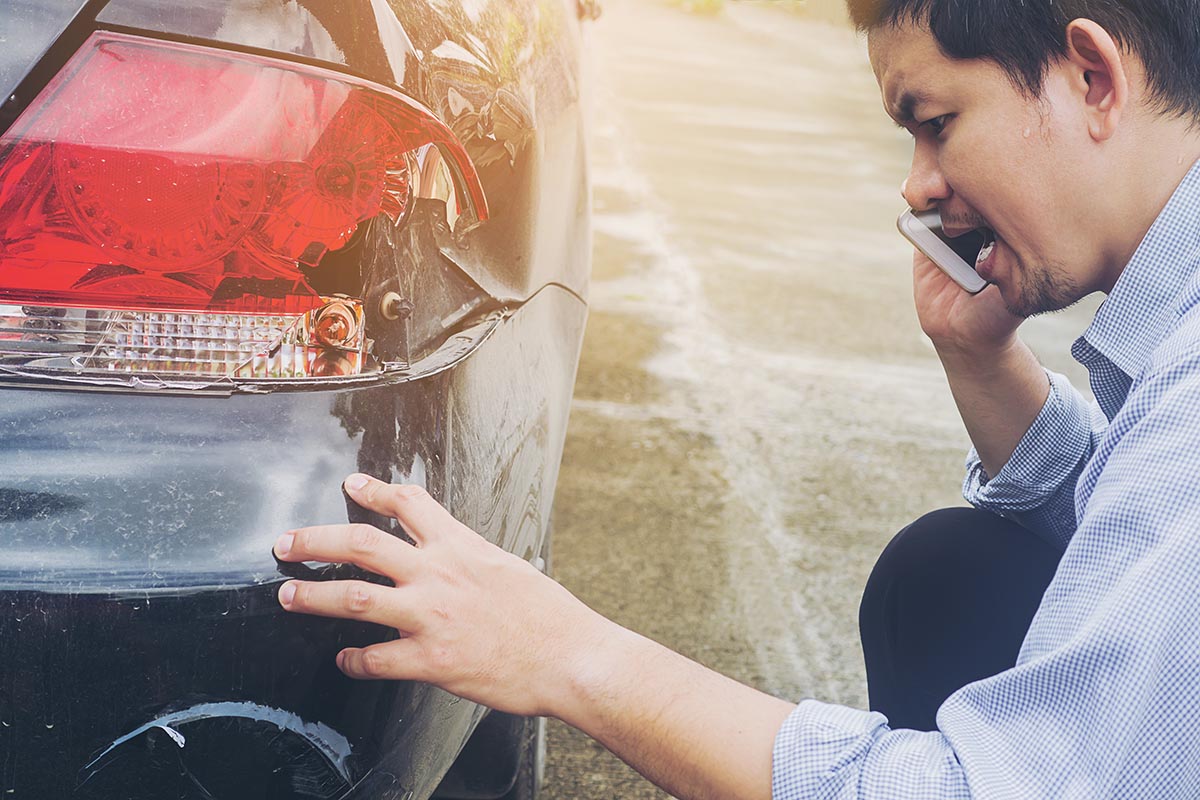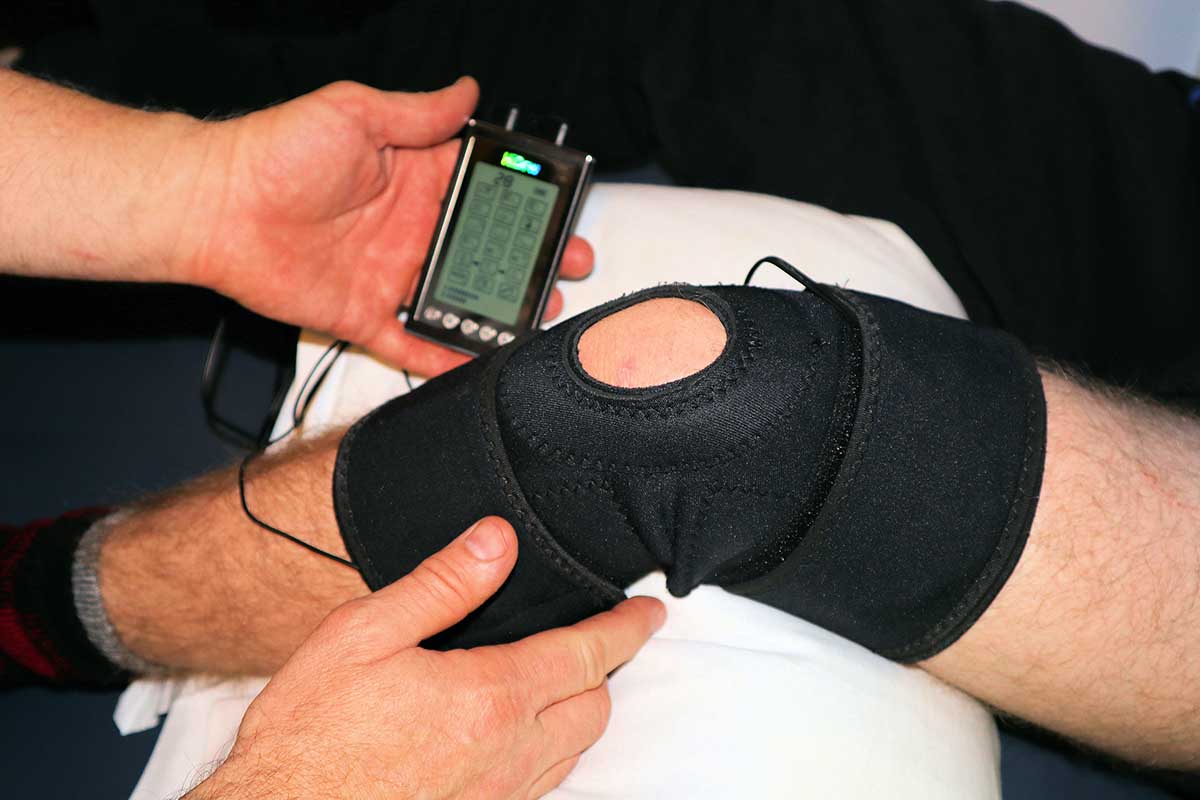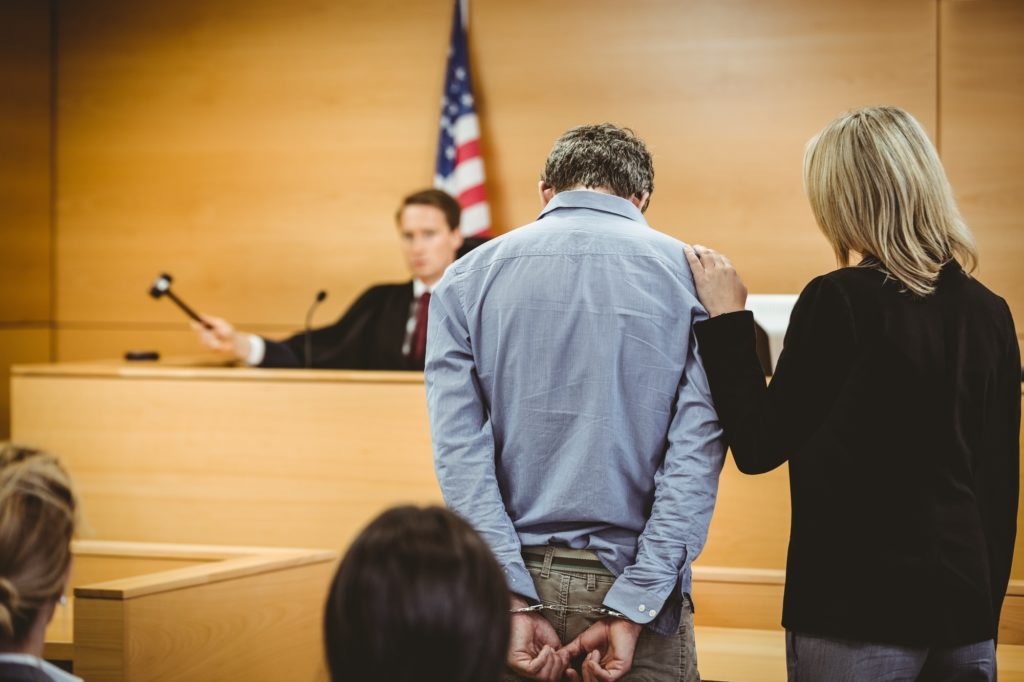Driving down the road one minute only to find yourself in a collision with another vehicle the next is a frightening experience, but unfortunately, one that is quite common globally. However, on a more micro scale, few drivers are involved in car accidents throughout their driving career.
This causes many drivers to forget the everyday dangers of the road and, subsequently, what to do in the event of a car accident. To avoid this, all drivers should refresh themselves on the leading causes of car accidents and what to do if they are involved in a wreck.
Every Crucial Step to Take After a Car Accident Occurs: How Common Are Car Accidents?
While it may not be a pleasant thought to consider, car accidents are still common even though, on a smaller scale, they may not happen to many drivers. On an average basis, there are around five million car accidents every year reported to the police.
However, because car accidents do not always need to be reported to the police if there are no injuries or if there are specific regulations based on a state, the real figure is likely far higher.
Are Car Accidents Dangerous?
The idea of being involved in a car accident may not seem like something altogether dangerous as it’s easy to write off when a smaller accident occurs. However, nearly 50% of car accidents end with an injury, regardless of how big or small the injury may be.
A relatively small percentage of car accidents end in fatalities, roughly 40,000 among the five million reported accidents, but any injury from a car accident can have long-lasting repercussions.
The Common Leading Causes of Car Accidents
Understanding the dangers of car accidents is one thing, but it’s also essential to look at the common causes of car accidents in the United States and around the world. Those common causes include:
- Drivers who are distracted behind the wheel and not focused on the road;
- A driver getting behind the wheel when they have been drinking or taking drugs;
- Poor weather conditions on the road that drivers are unfamiliar being in;
- Reckless driving on roadways, such as speeding or violating traffic laws;
- A vehicle having mechanical issues on the road and breaking down.
Responding to a Car Accident: 5 Crucial Steps to Take

While being involved in a car accident is a scary experience, the last thing any driver should want is to cause another accident by not taking swift action following a crash. To that end, here are some of the most important steps to take after a car accident that all drivers should remember:
Inspect yourself for injuries right away
First and foremost, people should inspect themselves for injuries after being involved in a car accident, regardless of how minor the accident may seem. Be sure to check under your clothes as well, given that shock can cause you not to feel an injury you might not see. Following this, ensure nobody in your vehicle or else involved in the accident has injuries.
Move operational vehicles out of the road
Assuming your vehicle is still operational, getting it to the side of the road as fast as possible is essential. By leaving the vehicles involved in the road, the risk of a secondary accident becomes far higher. At the very least, the longer vehicles are in the roadway, the more traffic that will develop behind.
Speak with the other driver and exchange information
After all, the vehicles involved have been moved out of the roadway, the next most important step is to exchange relevant contact information with the other driver(s) involved. In addition to this contact information, it’s essential also to exchange insurance information that can be used for claims purposes later on.
Take photos of any damage
In addition to exchanging the above information, you should also take photos of all vehicle damage. While everybody wants to believe that other people will be sincere after a car accident, some may view it as an opportunity to get paid. They may then attempt to commit insurance fraud by damaging their vehicle after the fact and claiming the accident caused it. Insurance companies will need to take it at face value without photographic proof.
Contact your insurance company
After the accident, contact your insurance company and inform them that you were involved in an accident. If you were at fault, you would likely need to file an insurance claim so that the damages can be paid for quickly and without delay.
Avoiding a Car Accident 101
Understanding the common causes of car accidents and how to respond if you were in one is one thing, but knowing how to avoid them altogether is something else. Each of the following tips can be used to help you stay safe on the road:
- Remove any and all distractions from your vehicle before hitting the open road;
- Never drink and drive or take substances while driving;
- Practice driving in different weather conditions so that you are familiar should they arise;
- Scan the road at least twelve seconds ahead of your vehicle at all times;
- Leave enough following distance between cars to maximize reaction time
The Bottom Line
Nobody wants to be involved in a car accident that leaves them with serious injuries, but the only thing that can make the matter worse is running into legal issues after the fact. To avoid this, consider hiring a lawyer after a bad car accident who can help you navigate the legal processes that may come after, regardless of if you were at fault for the accident or not. In certain situations, filing a personal injury lawsuit rather than a simple insurance claim may be the best action.




















